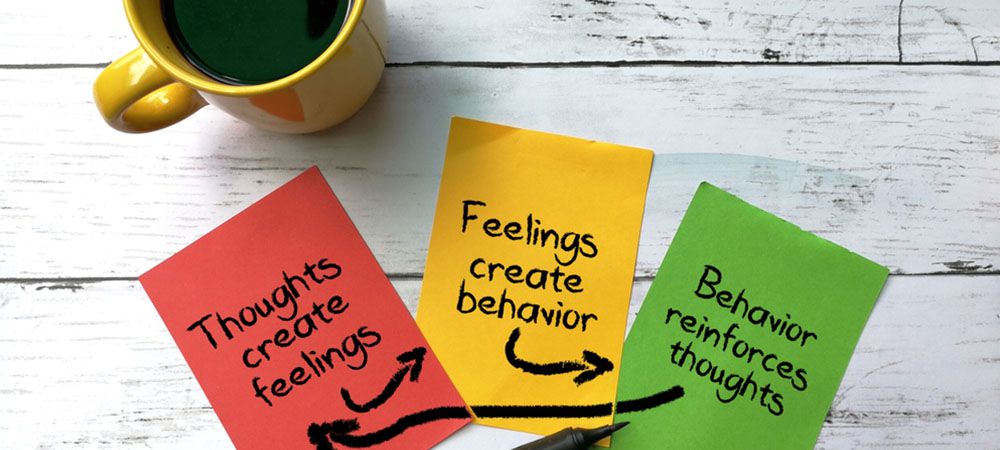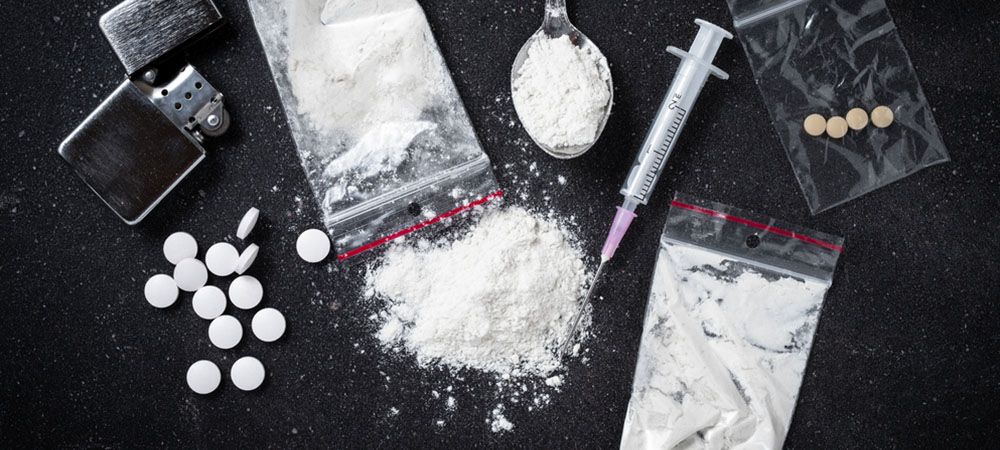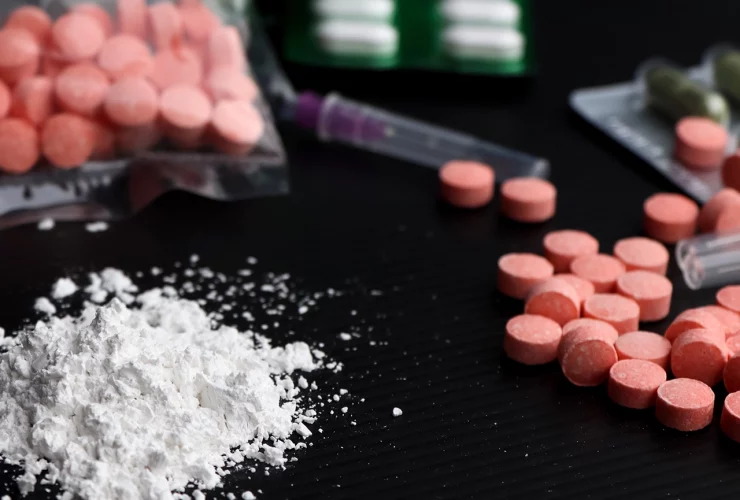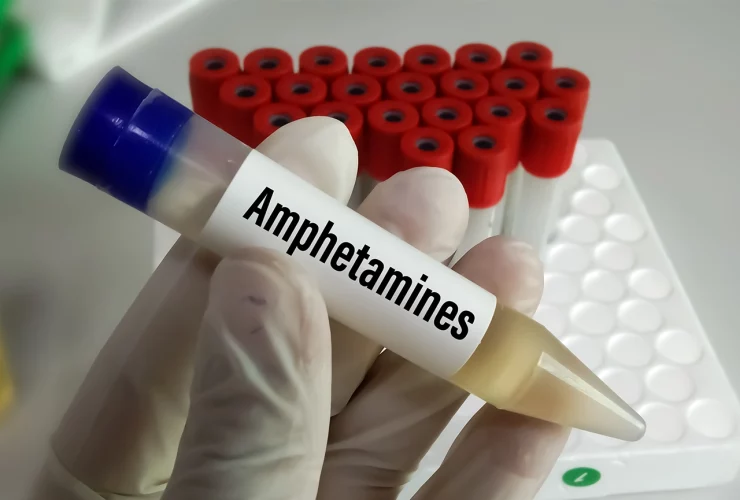How to Recognize Amphetamine Addiction
If you’ve found yourself wondering how to recognize amphetamine addiction lately, it means two things. It may mean you are suspecting that you are getting addicted to the drug. You may also notice a loved one’s recent behavioural changes. Whatever the case is, you will find the answers you seek here.
This article contains detailed information on recognizing the signs of amphetamine addiction. You will understand why you are likely to get addicted to this substance. More importantly, we will also discuss what to do if you or a loved one is addicted to amphetamine. Let’s begin by knowing more about the drug.
What is Amphetamine?
Amphetamine is a stimulant drug for the central nervous system. Using the medication leads to an increase in certain forms of brain activity. It also leads to increased energy, concentration, confidence, focus, and euphoric feeling.
Medical professionals classify amphetamine as a Schedule II stimulant. This classification indicates there is a potential for people to abuse the drug. It also means it has medical uses. Doctors prescribe it to treat conditions like attention deficit hyperactivity disorder (ADHD), extreme obesity, and narcolepsy.
Prescription amphetamines include Dextroamphetamine (Dexedrine, Adderall), Methylphenidate, and Vyanese. These prescriptions are sometimes sold illegally in the streets of Vancouver. This leads to unprescribed use of the medication, causing addiction due to its addictive properties.
Why Do I Get Addicted to Amphetamine?

Before knowing how to recognize amphetamine addiction, first understand why you may get addicted. When you take amphetamine, it acts on the brain’s neurotransmitters, norepinephrine and dopamine. These neurotransmitters help in attention retention, blood flow, alertness, motivation, motor control, etc. When in the body, Amphetamines will boost the neurotransmitters and increase their effects.
This leads to an induced feeling of euphoria. Users also gain a rewarding feeling, which usually leads to continued use of the drug. Using the drug regularly will cause your body to tolerate it. Hence, you keep taking higher doses to experience the euphoric feeling. Subsequently, continuous use and increased amounts of the drug leads to addiction and amphetamine dependence.
Related article: Amphetamine Addiction Treatment: What To Expect During Withdrawal
How Do I Recognize Amphetamine Addiction?
One of the early signs of amphetamine addiction is your dependency and craving for the drug. Due to your constant use of amphetamines, your body adjusts to its presence in your body. Hence, when those effects begin to wear off, you will find yourself performing sub-optimally. You start craving for it and tend to believe you can’t do anything without it.
The symptoms of amphetamine addiction are easily recognizable. The common symptoms include talking too much, loss of appetite, and lack of sleep. We can divide the amphetamine addiction symptoms into physical signs, behavioural signs, and side effects.
Physical Signs of Amphetamine Abuse

When you abuse amphetamine, the physical signs will include:
- Low Appetite
- A rise in body temperature
- Insomnia
- Dilated Pupils
- Increase in heart rate and blood pressure
Behavioural Signs of Amphetamine Addiction
Abusing amphetamine will lead to changes in your behavioural pattern. The influence the drug has on your brain’s neurotransmitters will cause the following effects:
- A heightened feeling of euphoria
- Increased speech and talkativeness
- Restlessness and nervousness
- Feeling of paranoia
- Aggressive behaviour
- Anxiety
Side Effects of Amphetamine Abuse

One way you can recognize amphetamine addiction or abuse is when you experience severe side effects. Common side effects include mood swings and emotional issues. You may also experience cardiovascular and gastrointestinal effects. Prolonged amphetamine abuse leads to physiological, behavioural, and cognitive effects that may become permanent.
Some of the short-term side effects and signs of amphetamine addiction include:
- Hyperactivity
- Loss of appetite
- Muscle pain
- Anxiety
- Insomnia
- Dehydration
- Irregular heartbeat, High blood pressure and heart rate
- Hallucinations
- Stroke and other cardiovascular problems when you overdose on the drug
Chronic use and higher doses of amphetamine lead to drug tolerance and dependence. It eventually leads to addiction, causing emotional stress, poor functionality, and lowered intellectual capacity. Other long-term effects of amphetamine abuse are:
- Anxiety
- Depression
- Constant mood swings
- Hallucinations, Paranoia, Delusions
- Violent or aggressive behaviour
- Memory loss, low thinking and learning capacity
- Poor coordination.
- Poor decision making
- Tooth loss and decay
- Increased risk of stroke, arrhythmias and other cardiovascular issues
- Loss of jobs, poor performance due to the negligence of your social and professional obligations.
- Strained relationships.
- Death
If you use amphetamine with other drugs, you may experience symptoms related to polysubstance abuse. Most amphetamine addicts abuse it together with alcohol. This practice usually leads to adverse effects and alcohol poisoning. It can also lead to muscle or liver damage.
You need to check into an amphetamine rehab near you once you notice these symptoms. It is best to treat these symptoms early and do so with professional help. With their access to medical facilities and their expertise, professionals can help you manage your withdrawal symptoms better.
When to Seek Amphetamine Addiction Treatment
If you notice you are becoming increasingly dependent on amphetamine, you need to seek treatment. If you cannot do without the drug and continuously crave it, you must seek treatment. The first step to finding help is accepting you are addicted to the drug. Once you come to that realization, it is always easier to go on with treatment.
However, you must note that you will experience amphetamine withdrawal symptoms once you begin to abstain from the drug. Some of the symptoms you may experience include:
- Anxiety
- Prolonged or Intense Cravings
- Depression
- Tiredness
- Lack of Focus
- Body Pains and headaches
- Hallucinations
- Mood Swings
- Feeling of loneliness
Some of the symptoms above can quickly become severe. Therefore, this is another reason to enrol in an amphetamine rehab in Canada for treatment. Depending on the rehab you choose, there are several treatment options suited to you. Some amphetamine treatments include:
Detoxification

It is the first step in amphetamine addiction treatment. When you recognize amphetamine addiction, you must take the necessary measures to stop the addiction. Detoxification ensures you discontinue the use of the drug. It is at this point you will experience withdrawal symptoms, which are best managed with medical supervision.
Residential Rehab Treatment
Depending on the severity of your addiction, the treatment center you enrol in may need you to reside within the rehab facility. There, you will receive 24-hour care and intensive addiction treatment. During this period, you will partake in group and individual behavioural therapy sessions. Within the facility, you will learn to live without the drug and gradually overcome your addiction.
Outpatient Treatment
With this treatment, you continue with your daily life but receive treatment for your amphetamine addiction simultaneously. This means you will visit the rehab center at stipulated times set by medical professionals. This treatment type is useful for those who are through with residential rehab or those with short-term addiction.
Cognitive Therapy
This is an addiction treatment dealing with your behavioural attributes. It seeks to understand your behaviour and why you are abusing the drug. Afterward, you will learn how to cope with thoughts that trigger amphetamine usage.

Conclusion
You are now conversant with how to recognize amphetamine addiction. However, it does not stop there. If you are abusing the drug, you now know of the dangers ahead of you. As such, you must seek ways to stop your addiction and withdraw from the drug use.
Are you struggling with amphetamine addiction or know someone who is? If your answer is yes, do well to contact our addiction treatment services. Call Inspire Change Addiction Rehab in Vancouver for addiction treatment programs. A call to us is a call to a healthier, drug-free life, which you rightly deserve. Contact us today!



